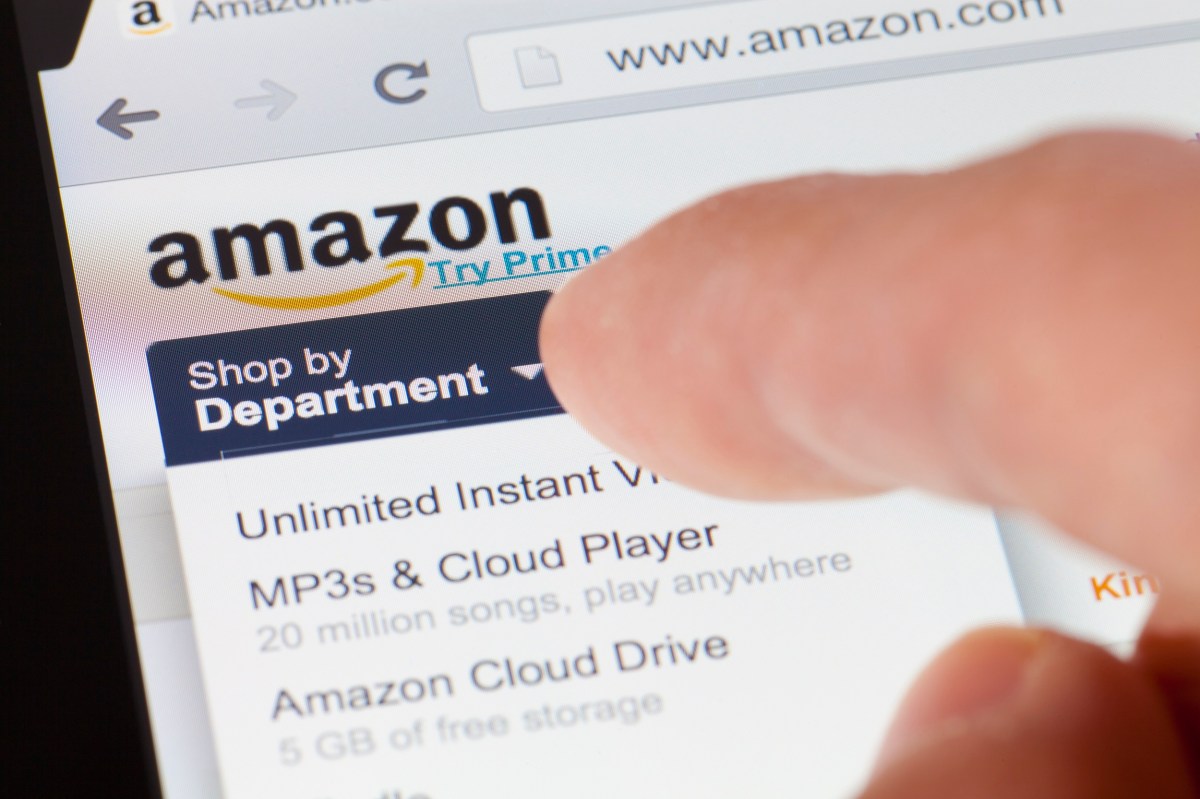Globally, Amazon is the king of online shopping. It runs the world’s biggest online store and makes up more than half of online sales in the US, but this is not the case in Australia.
While two-thirds of US shoppers start their search on Amazon, Australia is much lower with nearly half of consumers beginning their search on a brand or retail website, according to new Criteo data.
Interestingly, Australia’s preference for searching on brand and retail websites has increased since Amazon’s launch in 2017, with one out of three shoppers stating that these specific websites have become more influential in their purchase decisions over the last two years. Perhaps Aussies are more loyal than we think, with brick and mortar brands like Woolworths and JB Hi-Fi leading the charge.
Brands have long struggled to decide whether to reject Amazon outright as a dangerous competitor or play ball in exchange for greater access to customers and their data. In recent years, we’ve seen a growing number of brands including Nike and Ikea cut ties with the platform, deciding it wasn’t worth the hassle.
Despite being in market for nearly three years, the full impact of Amazon’s entry is yet to be felt down under. However, retail giant is showing no signs of slowing down and as Amazon continues to grow, is it time for brands to capitalise on Australians’ disenchantment with the online giant?
In 2020, we expect to see more brands building closer relationships with transparent and mutually beneficial partners and focusing on driving more website traffic. Without an effective ecommerce strategy, ditching Amazon has the potential to backfire.
Build mutually beneficial partnerships
Finding the right partners is key to succeeding in today’s hyper-competitive landscape. Rather than relying heavily on one revenue stream from Amazon, companies must seek a range of online retailer partnerships that provide heightened levels of cost efficiency, transparency and control, ultimately delivering stickiness and long-term sustainable growth.
While it may be a nascent field in Australia, online retailers that want to survive in a price and convenience-driven world and compete with Amazon must start building up their retail media businesses. Look at Expedia, Target and Walmart in the US; these established retailers are successfully monetising their digital storefronts and first-party customer data. The right technology partner will not only get the business set up but bring the company into a broader retail media ecosystem, where retailers can create enough scale to compete in the advertising marketplace and drive new revenue.
Drive traffic to your website
Australians are increasingly turning to retail and brand websites for product discovery and research. Through AI, smart product recommendations and flexible targeting (which is where Criteo comes in), businesses can continue to drive high-value prospects to their websites, while making sure they get value for the time they spend on the site.
Shoppers are demanding more from their online purchases beyond free shipping (38%) and discounts (37%), including a quick and easy checkout (32%), a good range of products (32%), high quality product galleries (29%), fast shipping (27%) and flexible payment options (20%).
If Amazon continues to clash with brands, more are likely to flee. Bigger brands may take advantage of their consumer loyalty to move away from Amazon, but smaller businesses who can’t compete with Amazon’s aggressive promotions and logistics network may remain for now. All that’s certain is diversification is key to creating a balanced marketplace.
Colin Barnard is commercial director at Criteo Australia and New Zealand

